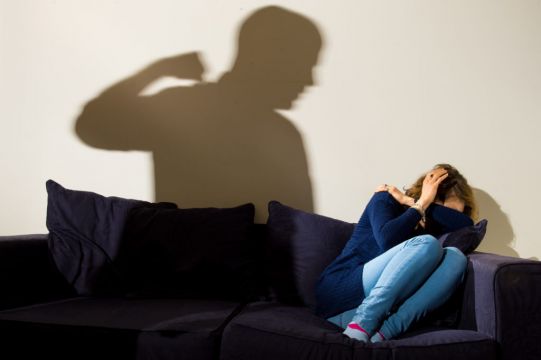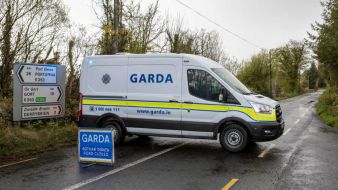The slow legal process, inconsistent support and a lack of knowledge are among the reasons domestic violence survivors drop out of the legal process.
This is some of the findings of a major new report by the National Women's Council, which investigates why victims withdraw from their case.
Survivors told researchers that recounting what they experienced was retraumatising, with one saying it was worse than the actual violence they experienced.
CEO of Women's Aid, Sarah Benson, says having to repeatedly share your trauma can put people off looking for help.
"There may be repeated breaches or occasions where victims are drawn back to court again, and again and again and again. It is impoverishing, it is exhausting, it is mentally draining, and it is a way for a perpetrator to maintain cohesive control by actually using the court system itself.
The report also showed that gardaí in some regions are "inexplicably" reluctant to prosecute perpetrators of domestic violence.
Some victims say they've been made to feel "stupid and guilty" for staying with a dangerous partner for so long.
Minister for Justice Simon Harris says gardaí are working on improving trust between officers and survivors, but admitted more needs to be done to help victims.

"I'm very confident with my discussions from the garda commissioner that at senior levels of the gardai that this us being taken very seriously.
"But I also know, when somebody comes forward and takes that step, they want to know that the journey is victim centred. We have to be truthful in relation to this. While we have made much progress, while there is much work underway, this report shows how much more needs to be done."
If you have been affected by any of the issues raised in this article, you can contact Women’s Aid (24-hour freephone helpline at 1800-341 900, email helpline@womensaid.ie) or Men’s Aid Ireland (confidential helpline at 01-554 3811, email hello@mensaid.ie) for support and information.
Safe Ireland also outlines a number of local services and helplines at safeireland.ie/get-help/where-to-find-help/. In the case of an emergency, always dial 999/112.







